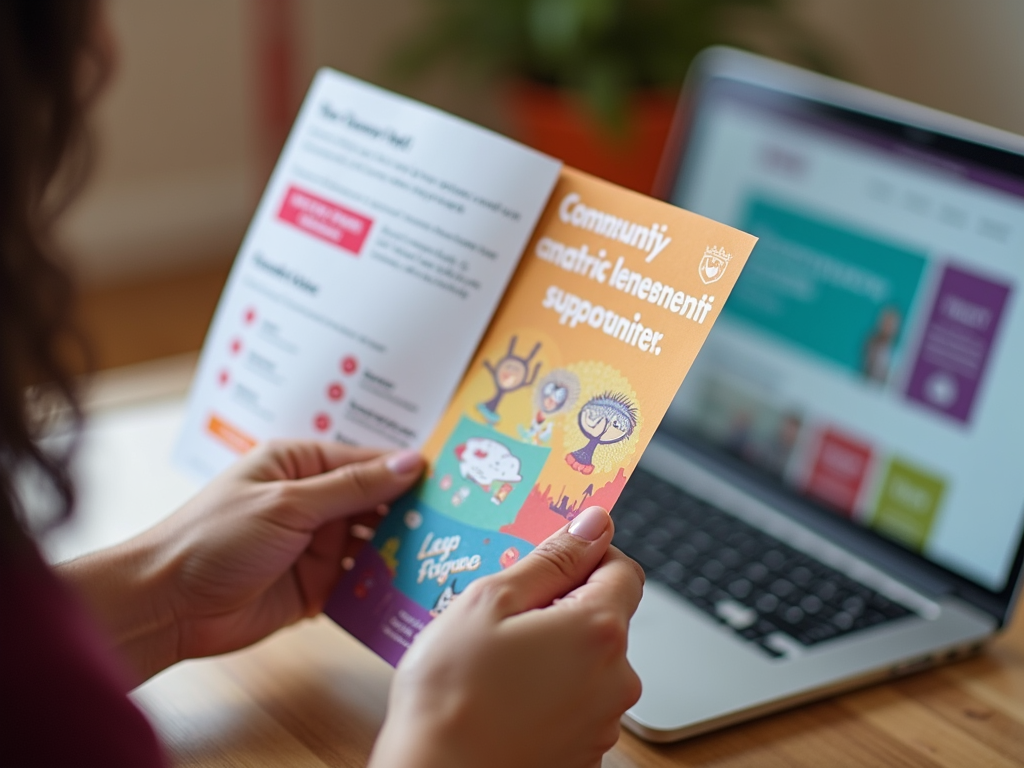Overview
Chronic illnesses affect millions of workers every day. These long-term conditions can make work tough for employees and tricky for employers. By understanding chronic illness in the workplace and making smart changes, we can build a better, more supportive environment for everyone.

What is Chronic Illness?
Chronic illnesses last a long time—months or even years. They’re different from short-term problems like a cold because they stick around and need constant care. Some examples are Chronic Fatigue Syndrome, fibromyalgia, autoimmune diseases, and Chronic FPIES (Food Protein-Induced Enterocolitis Syndrome).
Here’s a quick look at these conditions:
| Condition | Common Symptoms |
|---|---|
| Chronic Fatigue Syndrome | Extreme tiredness, muscle pain, trouble focusing |
| Fibromyalgia | Body-wide pain, fatigue, sleep issues |
| Autoimmune Diseases | Swelling, joint pain, skin rashes |
| Chronic FPIES | Stomach problems, food reactions |
Each one affects people differently, but they all require adjustments to keep life—and work—manageable.
How Chronic Illness Affects Employees
Living with a chronic illness changes how you work. Chronic Fatigue, for example, can zap your energy and make it hard to focus. Someone with Chronic FPIES Symptoms might deal with sudden stomach issues that interrupt their day.
A study from the National Institute of Health says about 40% of workers with chronic illnesses feel their condition slows them down. This can mean more sick days or even leaving a job.
Here’s a real story: 'When I got Chronic Fatigue Syndrome, I couldn’t keep up at work. I’d crash mid-day and feel useless. Talking to my boss helped—we set up a schedule that worked for me.' - Sarah, Office Worker

Workplace Accommodations: Making Work Work
Workplace accommodations are changes that help employees do their jobs despite chronic illnesses. Think flexible hours, working from home, or comfy chairs that ease pain.
For Chronic Fatigue and workplace accommodations, a flexible schedule lets people work when they’re at their best. For Chronic FPIES, it might mean a spot to store safe snacks or quick access to a restroom.
These tweaks don’t just happen—employees need to speak up, and bosses need to listen. When both sides work together, it’s a win for everyone.
Laws and Why It Matters
In places like the U.S., the Americans with Disabilities Act (ADA) says employers must help workers with chronic illnesses if it’s reasonable. That means things like extra breaks or a quieter workspace.
Beyond laws, it’s just good sense. Helping employees feel supported keeps them happy and sticking around. Plus, it builds a workplace where everyone feels valued.

Challenges Employers Face (and How to Fix Them)
Supporting chronic illness isn’t always easy. It can cost money—like buying new desks—or take time to figure out. Some bosses might not even know what employees need.
Solutions? Look for grants to cover costs. Hold quick training sessions to spread awareness. And keep an open mind—small changes can make a big difference.
Tech to the Rescue
Technology helps a ton. Telemedicine lets workers see doctors without leaving the office. Tools like voice-to-text software ease strain for those with pain or fatigue. Apps like Slack keep remote workers connected.
Using tech smartly means employees can manage their health and still shine at work.

Tips for Employers: Do It Right
Employers can step up with these ideas:
- Learn Up: Study chronic illnesses and train your team.
- Be Open: Make it easy for workers to share their needs.
- Flex It: Offer options like remote work or adjustable hours.
- Support: Share info on help programs or local groups.
A workplace that bends a little helps everyone thrive.
Where to Get Help
Need more info? Check out the National Institute of Health (NIH) for facts on chronic illnesses. The ADA website explains legal stuff. Groups like the Chronic Illness Alliance connect people with support.
Online forums and local meetups can also offer tips and a friendly ear.

Summary
Understanding chronic illness in the workplace takes effort, but it pays off. With the right accommodations and a caring attitude, employers can lift up workers with conditions like Chronic Fatigue or Chronic FPIES. It’s about building a place where everyone can succeed.
Discuss Here